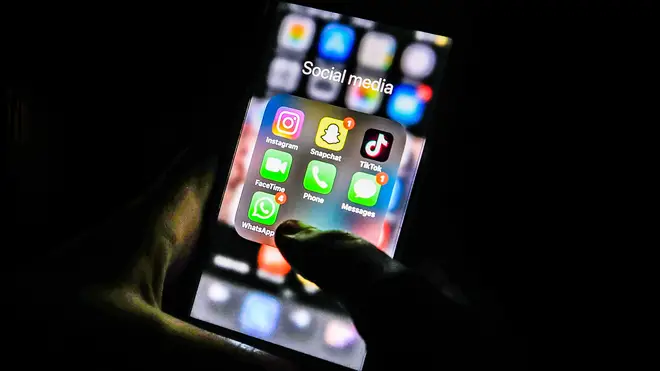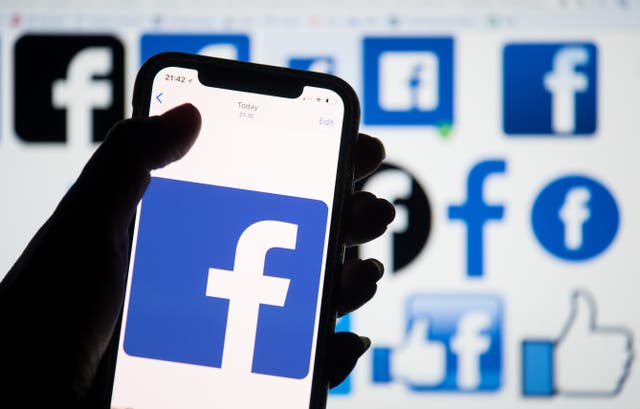
Shelagh Fogarty 1pm - 4pm
11 March 2022, 18:54

The move comes a week after Facebook was banned in Russia.
Instagram has been restricted in Russia after posts “calling for violence against Russians” were “distributed”, Russian authorities have said.
The state’s communications watchdog will restrict access to the social media app and website following the posts, according to a statement published on Friday.
A second statement published later said it will come into force from midnight on March 14 to allow time for people to “transfer their photo and video materials to other social networks and notify their contacts and subscribers”.
The Russian Federal Service for Supervision of Communications, Information Technology and Mass Communications (Roskomnadzor) said: “Based on the requirement of the Prosecutor General’s Office of the Russian Federation, access to the Instagram social network (owned by Meta Platforms, Inc) in the Russian Federation will be limited.

“The Instagram social network distributes informational materials containing calls to commit violent acts against citizens of the Russian Federation, including military personnel.
“According to a spokesperson for Meta Platforms Inc … the company removes the ban on its social networks for residents of a number of countries to post information containing calls for violence against Russian citizens, including military personnel.”
President of global affairs for Meta, Nick Clegg, said the company “does not tolerate Russophobia or any kind of discrimination, harassment or violence towards Russians”.
In a lengthy statement published on Twitter, he said: “There has been a lot of coverage and discussion of how we are applying our policies to speech in the context of Putin’s invasion of Ukraine.
“I want to be crystal clear: our policies are focused on protecting people’s rights to speech as an expression of self defence in reaction to a military invasion of their country.
“The fact is, if we applied our standard content policies without any adjustments we would now be removing content from ordinary Ukrainians expressing their resistance and fury at the invading military forces, which would rightly be viewed as unacceptable.
“To be clear, we are only going to apply this policy in Ukraine itself. We have no quarrel with the Russian people. There is no change at all in our policies on hate speech as far as the Russian people are concerned.
“We will not tolerate Russophobia or any kind of discrimination, harassment or violence towards Russians on our platform.
Responding to reports that the Russian government is considering designating Meta as an extremist organization for its policies in support of speech: pic.twitter.com/Y8sUbZDSML
— Nick Clegg (@nickclegg) March 11, 2022
“This is a temporary decision taken in extraordinary and unprecedented circumstances. We will be keeping the situation under review in the period ahead.”
It comes a week after Facebook, also owned by Meta, was blocked for Russia’s 146 million citizens.
Roskomnadzor said the social media platform was blocked on day nine of the war due to “cases of discrimination against Russian media”.
The state had previously limited access to the site after it refused to stop fact-checking and labelling content from state-owned organisations.